Days of Punk
| Fashion
Let’s Talk About Ska Punk
Posted by Michael Grecco
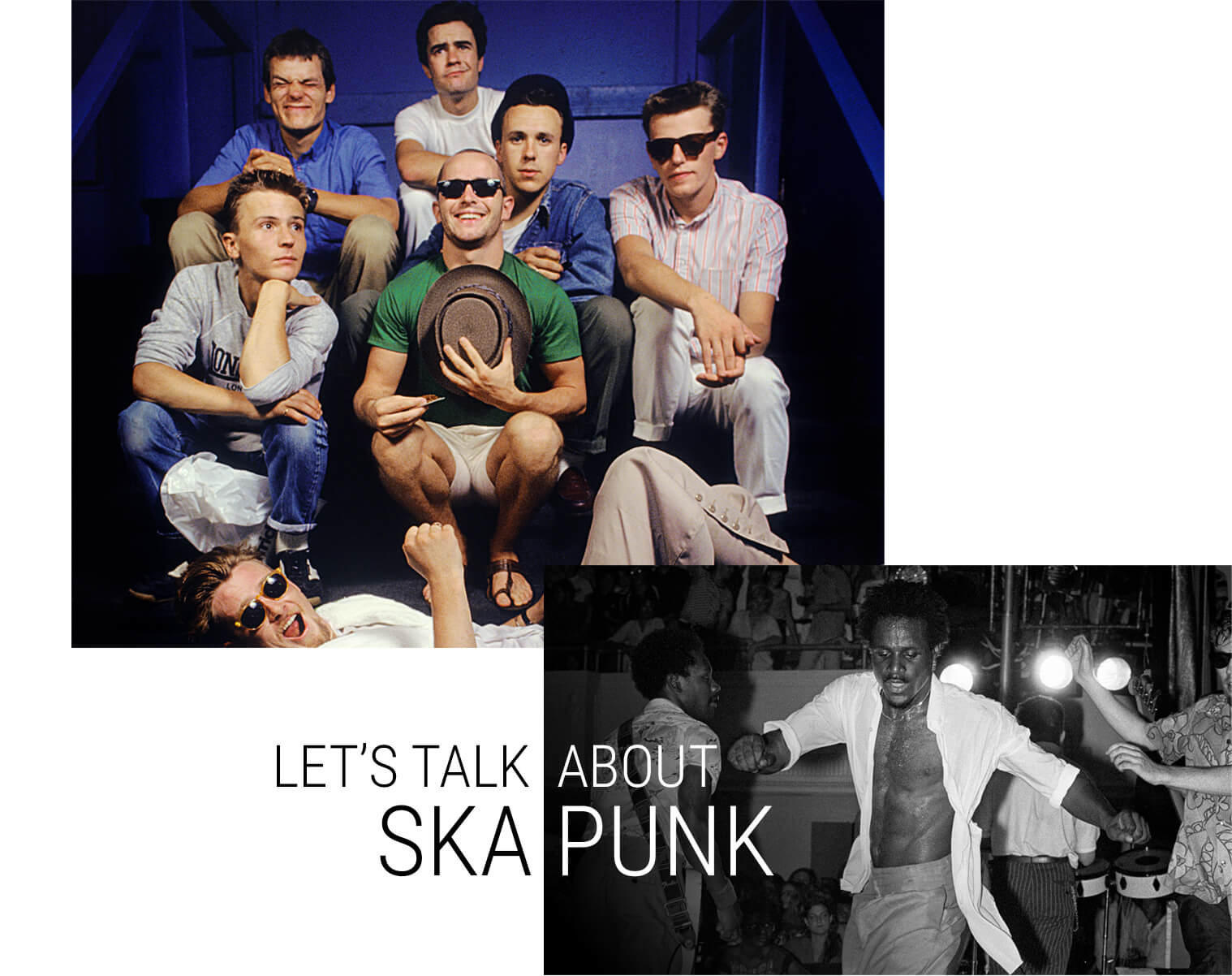
Punk rock is the progenitor of many a fusion genre. You can filter any number of discrete musical styles through the punk rock prism to achieve fascinating results. Take, for example, ska punk—that exuberant sound so prevalent in the cultural milieu of the 1970s, 80s, and 90s. What is it, exactly? And how did it come to be?
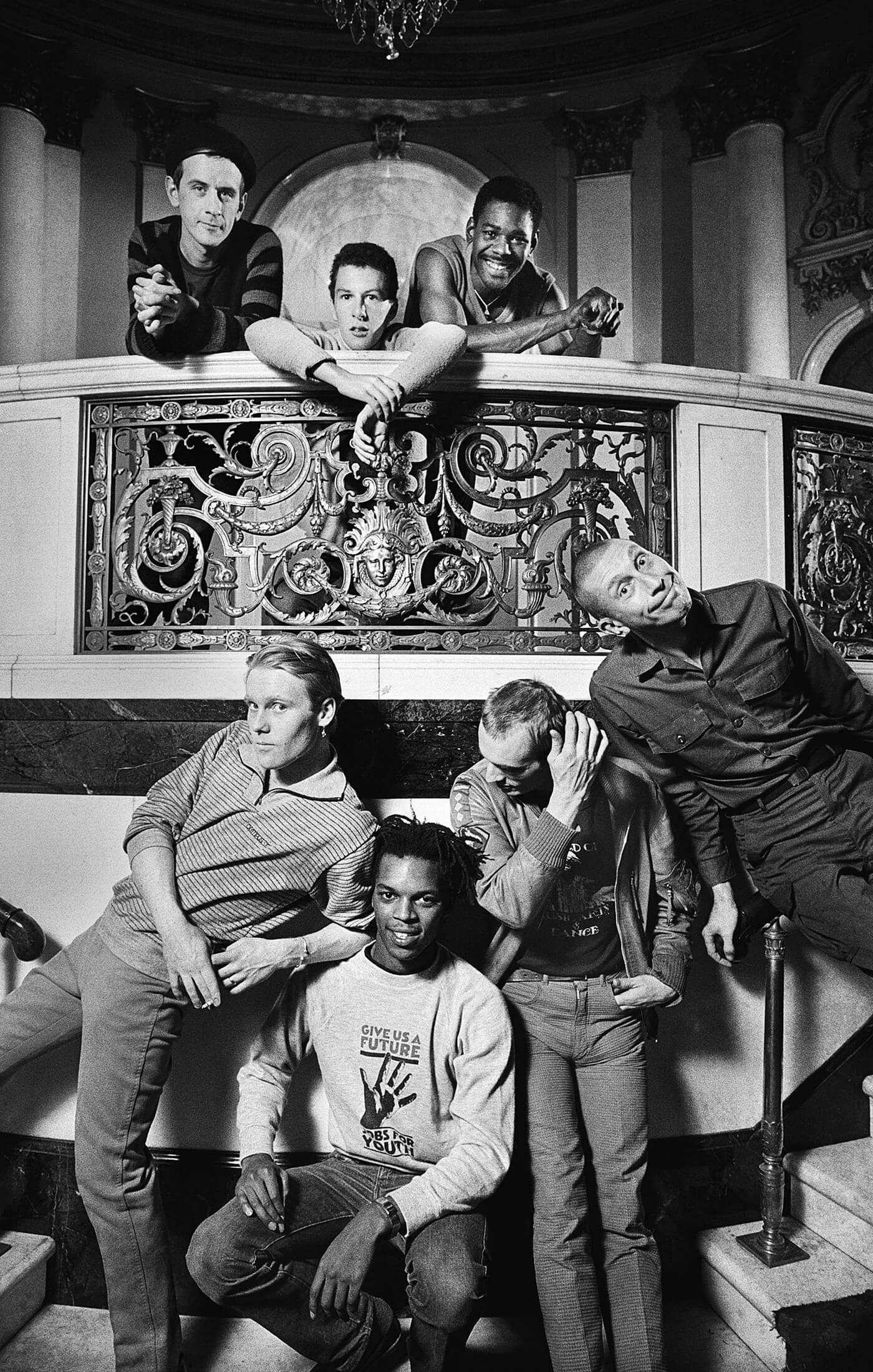
Ska punk is the product of a long-standing love affair between ska music and punk rock. Ska, the older of the two genres, originated in Jamaica post World War II. At the time, American military forces were stationed on the island, and many Jamaicans were tuning in to their radio broadcasts to listen to music from the United States.
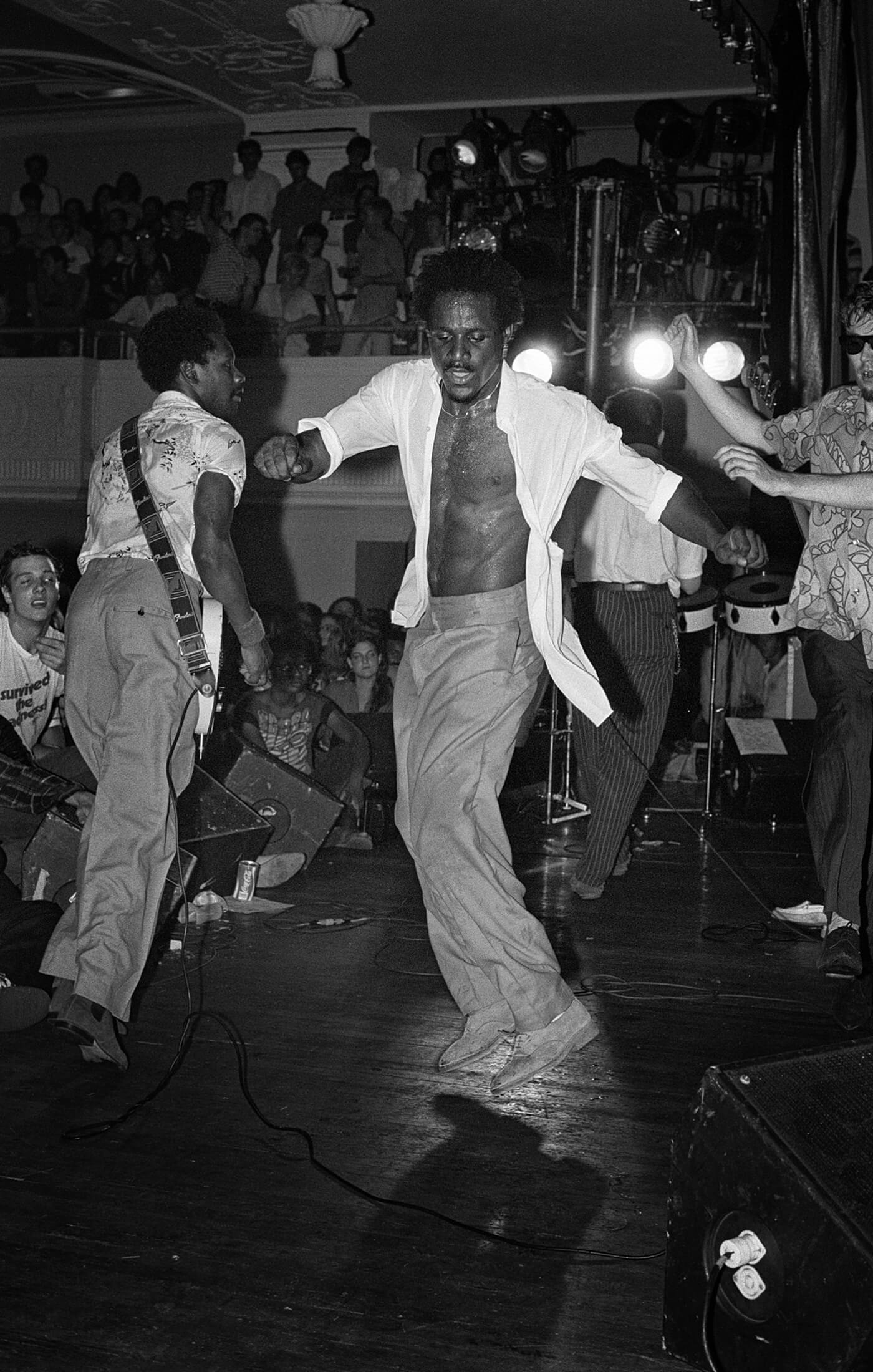
Rhythm and Blues struck a particular chord with Jamaican listeners; local artists began producing their own takes on the genre, and ska was born. Ska music usually features a strong horn section, emphasis on the off-beats, and danceable rhythms, all of which contribute to its cheerful, laid-back sound.
Ska dominated the Jamaican airwaves throughout the 60s. By the 70s, ska had made its way across the pond to Britain, where the punk rock scene was raging. Bands like The Specials and Madness started incorporating elements of each into their music, and others followed suit. By the late 80s, ska punk had codified into the distinct fusion genre we know today.
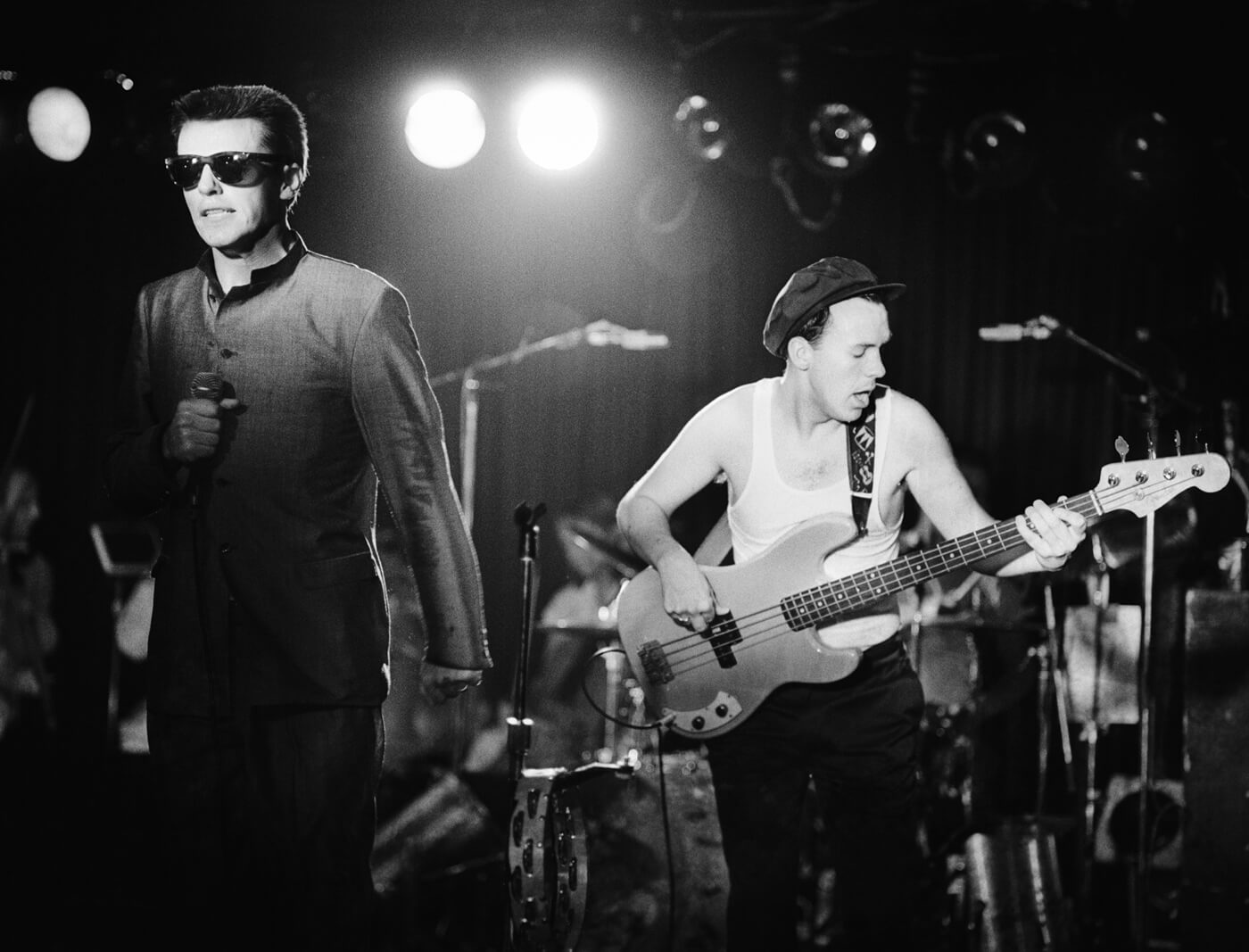
Like ska, ska punk music tends to lean heavily on the horn section and hit the off beats hard. Its punk heritage, on the other hand, can be heard in the fast, driving tempos and aggressively energetic vocals characteristic of the genre. All of these features combined create a bright, bold sound that brims with joyful chaos.
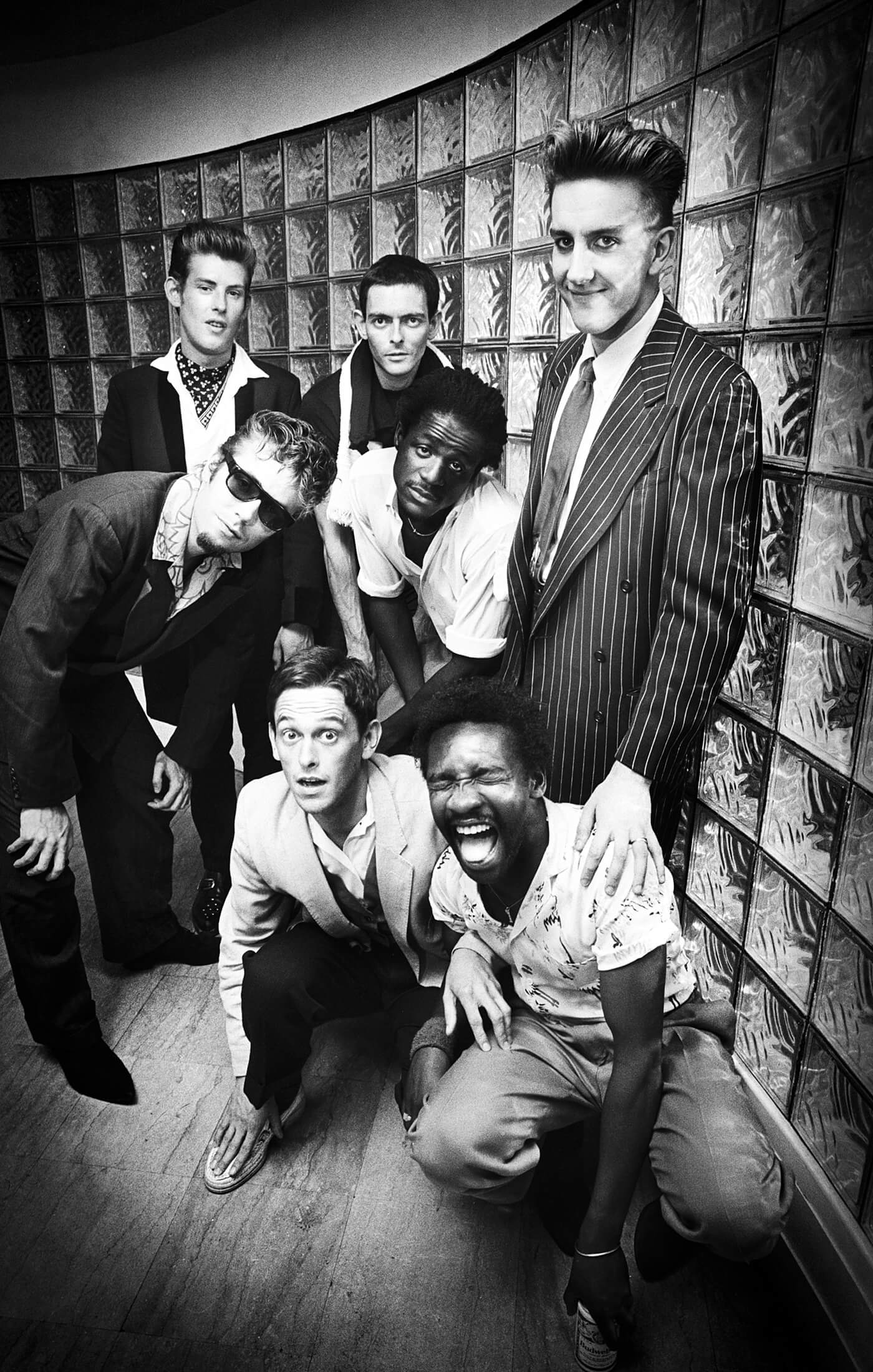
Ska punk really hit its stride in the mid 90s, when bands like Sublime, the Mighty Mighty Bosstones, No Doubt, and Rancid started charting. This mainstream success lasted through the end of the decade, then began to fade.
For the first fifteen years or so of the new millennium, ska punk occupied a very niche corner of the musical landscape. However, since 2018, we’ve seen a bit of a ska punk revival with bands like The Interrupters gaining a certain amount of recognition in the alternative scene. Ska punk is hardly the juggernaut it once was, but who knows what the future holds? We may be on the verge of a ska punk renaissance.
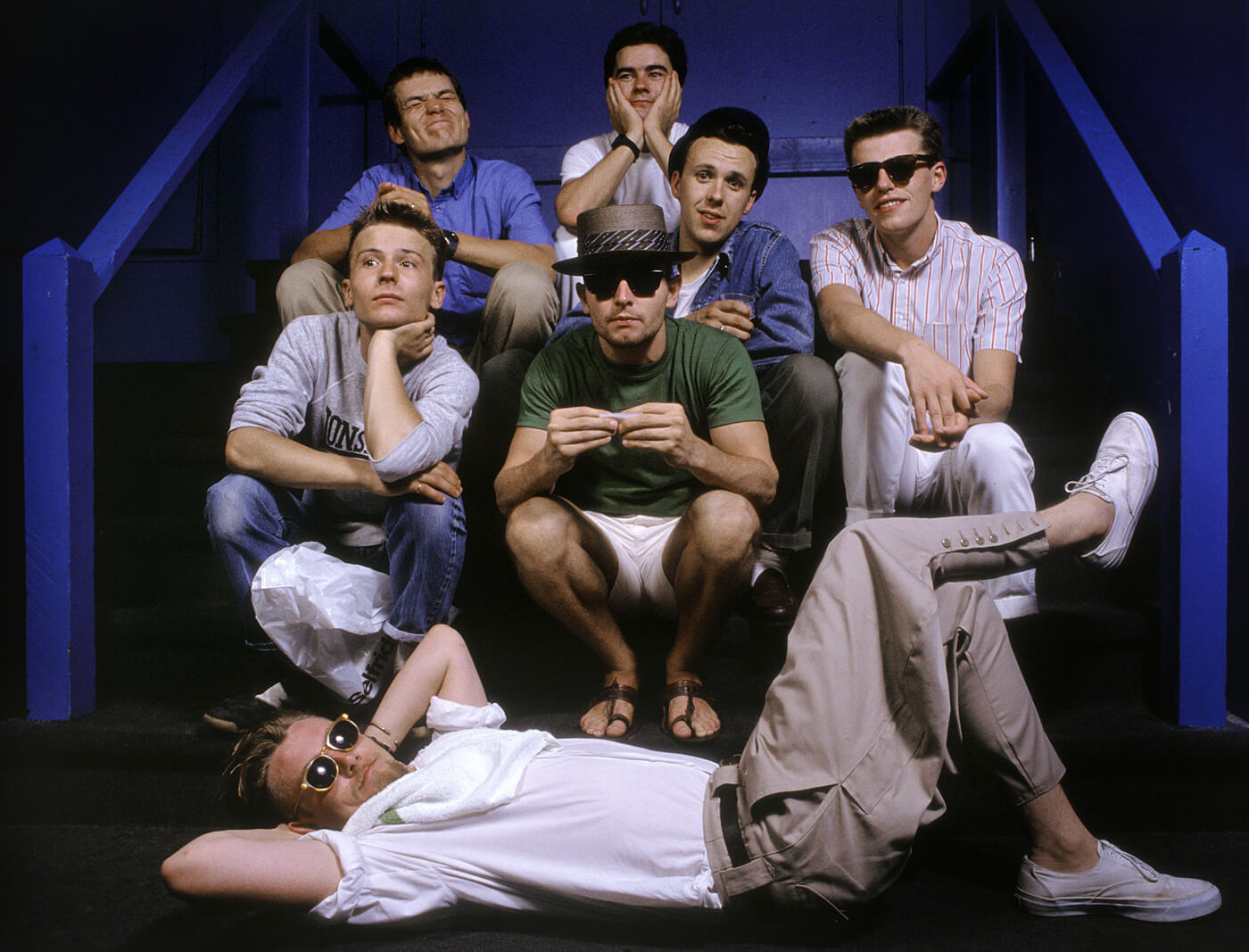
Are you a fan of punk rock and its many subgenres? Do you want to get better acquainted with the artists who brought it to life? Then check out Punk, Post Punk, New Wave: Onstage, Backstage, and In Your Face by photographer Michael Grecco, or take some time to browse through our catalog of iconic punk rock prints and choose a few to liven up your living room.

